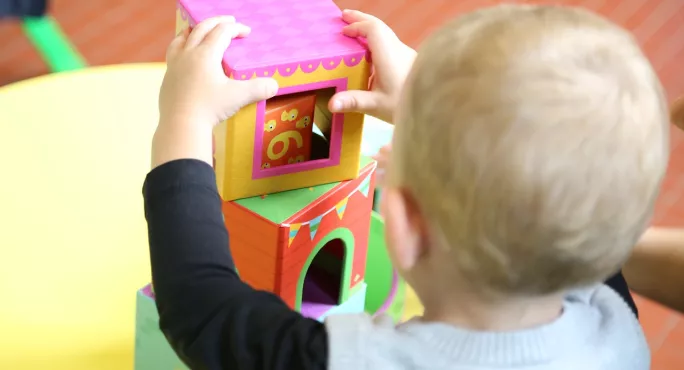MPs on the Commons Education Select Committee will hear evidence tomorrow for the first hearing of its inquiry into “life chances”.
It is looking at what is being done to improve children’s development in their early years of education - and how this affects their success in later life.
Here is everything you need to know.
Why the focus on early years and life chances?
The committee’s inquiry aims to understand the impact that early years education and social policy are having on determining children’s life chances from an early age.
MPs will examine the government’s current policies and make recommendations to promote social justice.
The inquiry will focus on early years settings, but will also consider the role of health services and the benefits system.
What does the committee want to achieve?
The aim is to promote social justice and ensure children are being put in a position to make the most of their education.
When it was first announced, committee chairman Robert Halfon warned that children who start school with poor language skills were six times more likely to struggle with reading, and 11 times more likely to struggle with maths, by the age of 11.
He said: “Inequalities in children’s life chances sadly often depend on where they live. In this postcode lottery, some children will benefit from schools and health and support services who coordinate their work effectively and help to deliver great results.
“Unfortunately, in other areas this won’t be the case and children will not get the support they deserve.”
He said the committee was determined to find answers to address this.
What is the government already doing in this area?
In April this year, ministers announced a £5 million fund to trial projects that support parents to help improve their children’s early language and literacy skills at home before they start school.
Run by the Education Endowment Foundation (EEF), it will fund different projects that provide practical tools and advice to parents so they can help their children learn new words through simple steps like reading and singing nursery rhymes.
The work is going to be focused on the North of England. The Department for Education has also announced an £8.5 million programme for local authorities to fund projects to improve early language and literacy development for disadvantaged children.
What evidence have MPs asked for?
When the inquiry was launched earlier this year, the committee called for evidence in a number of areas. These were:
- The quality of early years education in determining life chances and promoting social justice.
- The importance of support for parents and families, and integration with other services, in prevention and early intervention.
- The importance of communication skills and language development for children in early years.
Who is giving evidence?
The first session in the inquiry will focus on early years education provision, support for parents and families and the role of children’s centres in promoting social justice.
MPs will hear from a range of leaders in early years including Liz Bayram, chief executive, of the Professional Association for Childcare and Early Years, and Beatrice Merrick, chief executive of Early Education.
There will also be input from policy experts such as Sir Kevan Collins, chief executive of the EEF.




